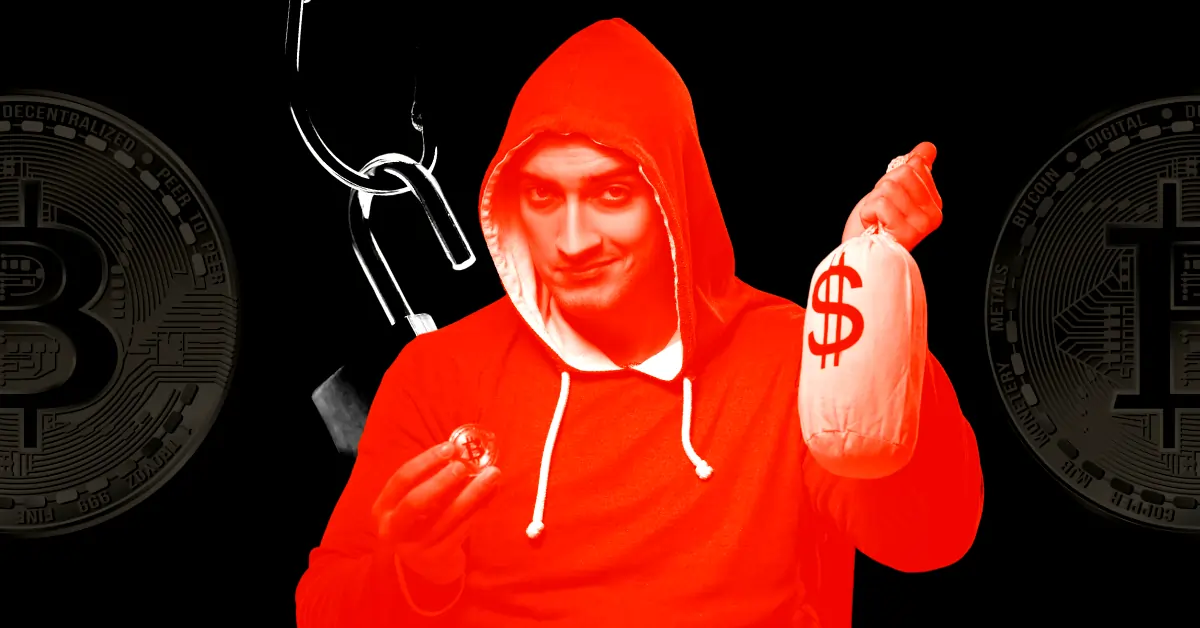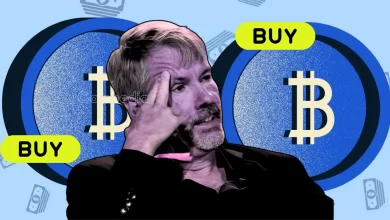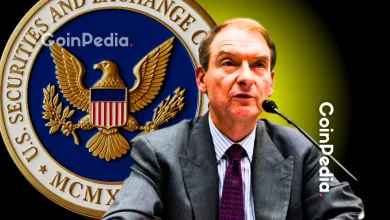
A group of researchers has strongly criticized the European Central Bank's negative assessment of Bitcoin.
The researchers argue that Bitcoin's value is determined by scarcity, similar to gold, and that the ECB's allegations are biased.
Bitcoin has demonstrated exceptional performance and growth potential, outperforming most traditional assets.
A group of researchers—Dr. Murray A. Rudd, Dennis Porter, Allen Farrington, and Freddie New from Satoshi Action Education, Axiom, and Bitcoin Policy UK—has strongly criticized a recent European Central Bank (ECB) paper that questioned the viability and economic impact of Bitcoin. This development has sparked a lively discussion in the cryptocurrency community.
Let’s explore the details!
Challenging the ECB’s Claims
The ECB’s report made several serious accusations against Bitcoin. It labeled Bitcoin as a speculative asset with no intrinsic value and described it as a tool for wealth concentration. The report also challenged Bitcoin’s ability to boost economic productivity.
In response, the researchers have systematically refuted the ECB’s arguments against Bitcoin. To counter the claim about wealth concentration, they highlighted that large Bitcoin wallets often hold funds for multiple clients through exchanges, rather than belonging to individual investors.
Scarcity: The True Value of Bitcoin?
The researchers dismissed the ECB’s claims about Bitcoin’s lack of economic productivity, emphasizing the significant technological advancements in cryptography and decentralized finance driven by the cryptocurrency ecosystem.
Addressing the ECB’s criticism of Bitcoin’s value, the researchers explained how Bitcoin fundamentally differs from traditional currencies. They pointed out that scarcity is the key factor determining BTC’s value, comparing it to gold, which retains its value despite lacking cash flows.
Motives Behind the ECB’s Criticism
The researchers also noted the potentially biased nature of the ECB’s allegations. They expressed skepticism that the ECB’s motivation may stem from a desire to promote Central Bank Digital Currencies (CBDCs), which could explain their harsh stance on Bitcoin.
Bitcoin Stands Strong – And So Should You!
While acknowledging that Bitcoin is a volatile asset, the researchers defended this volatility as a normal characteristic during the early stages of adoption. They argued that such fluctuations are to be expected as the market matures.
In conclusion, despite facing numerous challenges, including regulatory pressures, Bitcoin has shown remarkable resilience and has often outperformed traditional assets. This resilience highlights BTC’s significant growth potential.
The ECB’s criticism may have failed, but Bitcoin’s journey has only just begun. The king just keeps proving its worth, don’t you think?








